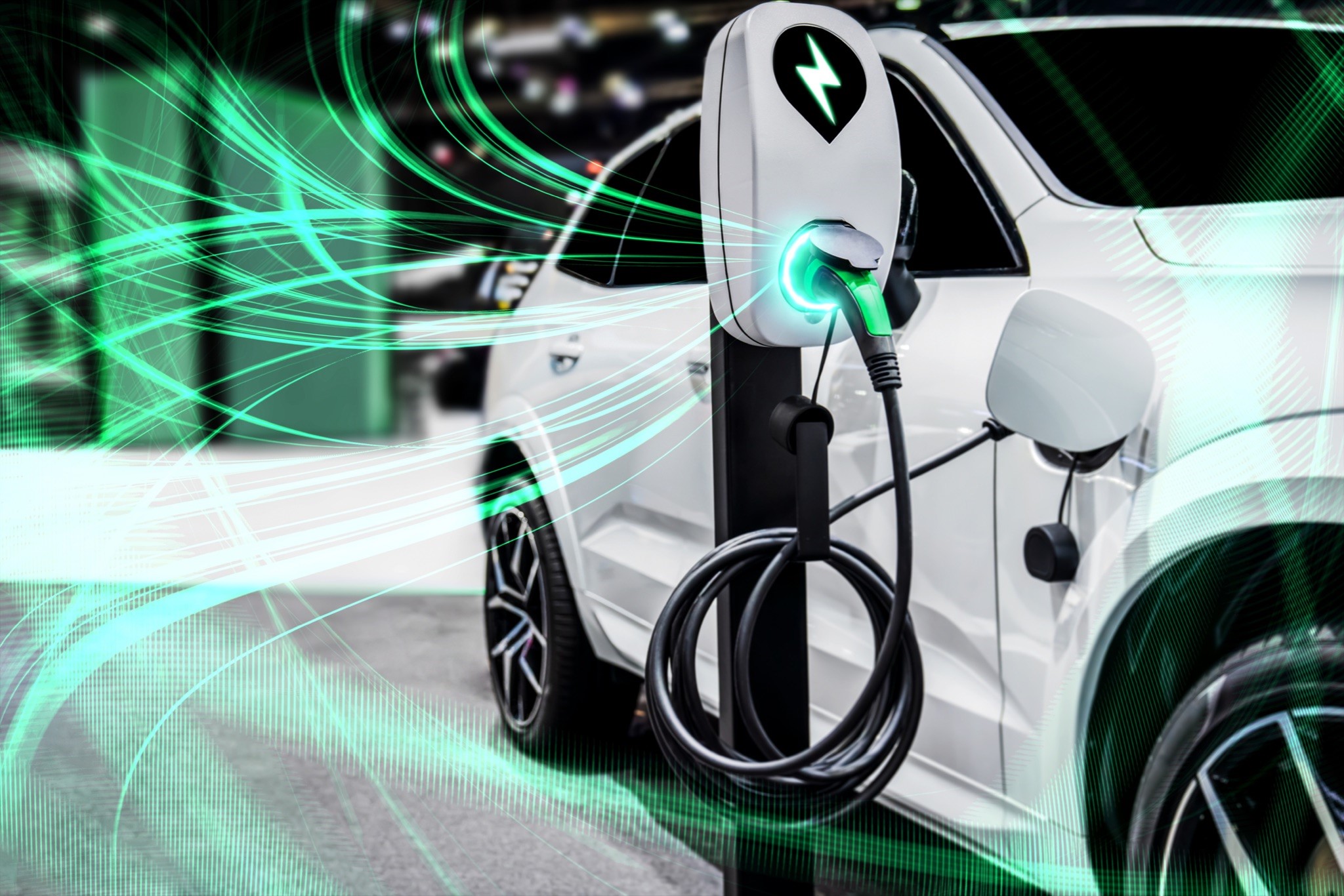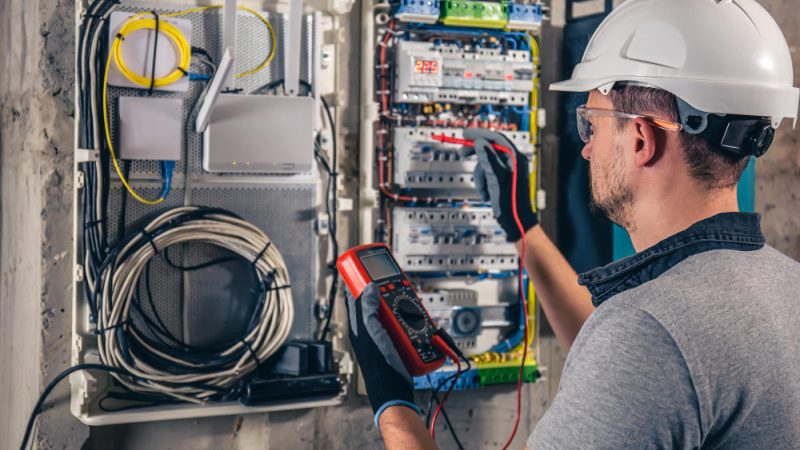What Does Electric Car Maintenance Entail – A Comprehensive Breakdown

In the current automotive climate, the transition to electric vehicles (EVs) is a hot topic. With their potential for lower emissions and reduced dependence on fossil fuels, EVs are attracting considerable attention. Though the question of maintenance costs tends to arise for prospective EV owners.
Unlike traditional petrol or diesel cars, EVs are fundamentally different in their operation. They feature fewer moving parts, no oil changes are necessary due to the absence of an internal combustion engine, and brake wear is significantly reduced thanks to regenerative braking systems. However, they also bring a new set of considerations, such as battery health and lifespan. In this context, many potential buyers and fleet managers might ask: How do these factors translate into maintenance costs? Are there hidden expenses that could catch an EV owner off-guard?
In this article, we explore these questions in detail. In particular, we aim to dissect the primary areas of maintenance costs associated with electric vehicles and aim to provide a comprehensive guide for both potential buyers and current EV owners. With that in mind, let’s dive into the fascinating world of electric vehicle maintenance and shed light on what it truly costs to maintain these modern marvels of transportation.
Battery Maintenance and Replacement
One of the biggest concerns for potential electric car owners is the cost of battery maintenance and replacement. Not to mention that the battery is the heart of an electric vehicle. However, the reality is less worrying than one might imagine. EV batteries are designed to last for a long time – typically ten to 15 years or more. Many manufacturers offer extended warranties on their batteries, providing peace of mind for owners.
When it comes to battery maintenance, regular charging is the key. Unlike smartphones, EV batteries do not need to be fully depleted before recharging. In fact, it is better for the battery’s longevity to keep it topped up. Here is where Bonnet, the best app for EV charging UK, comes into its own. More specifically, it provides access to a vast network of charging points, making it easy for EV owners to keep their batteries at optimal levels.
Servicing and Repairs
Since EVs have fewer moving parts than traditional cars, less can go wrong. No engine, gearbox, clutch, or exhaust system means less complexity, and that translates into lower servicing and repair costs. There are no oil changes required, and thanks to regenerative braking, brake pads and discs last longer too. As stated by one study conducted by the Institute of the Motor Industry, the servicing costs for an EV are around 23% lower than those for a petrol-powered car.
Nevertheless, when maintenance is needed, it is important to use a mechanic trained in electric vehicles. While this specialist service might be a bit pricier, it will ensure that your vehicle is in safe hands.
Tyre Replacement and the Impact of Weight
While electric vehicles save on many fronts, tyre replacement is one area where costs could be higher. EVs are often heavier than similar-sized petrol or diesel cars, due to the weight of the batteries. This added weight can result in faster tyre wear. Furthermore, many EVs use special low-resistance tyres, which are more expensive to replace.
In addition, tyre wear can be significantly influenced by how an EV is driven. Given the instant torque provided by electric motors, hard acceleration can wear down tyres quickly. However, a smoother driving style can extend the life of tyres considerably, reducing replacement frequency.
Importantly, EV-specific tyres are designed to manage the additional weight and torque. These tyres are built to offer lower rolling resistance, improving the vehicle’s range while maintaining optimum safety levels. Despite their higher upfront cost, their contribution to overall vehicle efficiency can lead to cost savings over time.
Charging Costs
It’s true that the cost of charging an electric car is a vital part of the overall maintenance equation. While not a maintenance cost in the traditional sense, it is a recurring expense that every EV owner must consider. Charging an EV can be significantly cheaper than fuelling a petrol or diesel car, particularly if charging is done at home during off-peak hours.
Generally speaking, public charging can be more expensive, but still often cheaper than petrol or diesel. Besides that, the flexibility of being able to charge at work, at home, or at public car charging stations adds convenience that is simply not possible with petrol or diesel cars.
Managing your charging can be simplified with the help of tools like the Bonnet app. Bonnet provides access to an extensive network of charging stations, complete with transparent pricing information, ensuring that users can locate and use the most cost-effective charging options available.
Final Thoughts
Delving into the world of electric vehicle maintenance costs reveals a picture of savings, convenience, and a few new considerations. The longevity of EV batteries, lower servicing and repair costs, and cost-effective charging options all contribute to the overall affordability of owning an electric vehicle.
Nonetheless, understanding the impact of vehicle weight on tyre wear and the price of specialist tyres is crucial for potential EV owners. Adopting a smoother driving style and choosing tyres designed for electric vehicles can mitigate these costs.
Transitioning to an electric vehicle is not just about embracing a new mode of transport – it is all about joining a cleaner, more sustainable future. With tools like the Bonnet app simplifying the charging experience and helping manage costs, there is never been a better time to plug into the world of electric vehicles. Till then, enjoy the ride!





